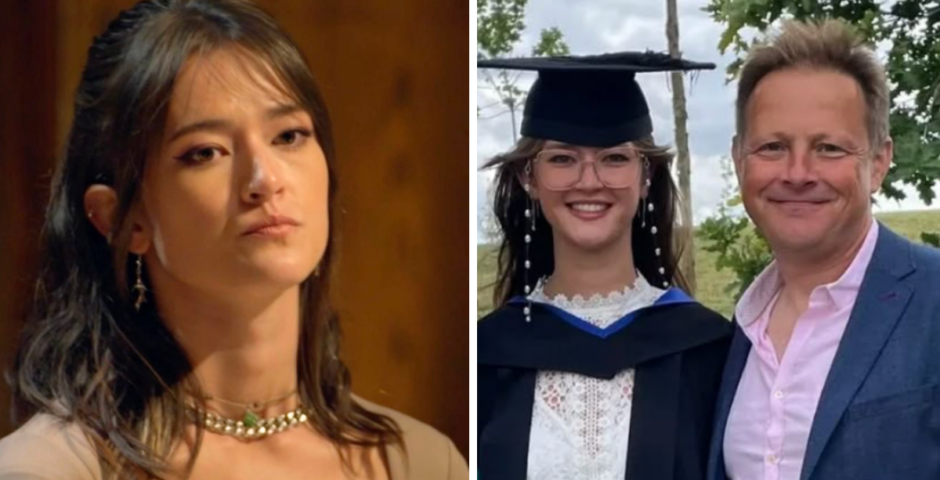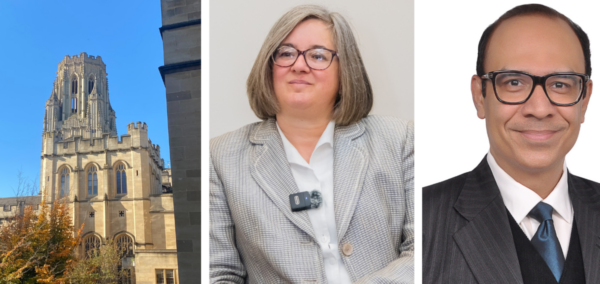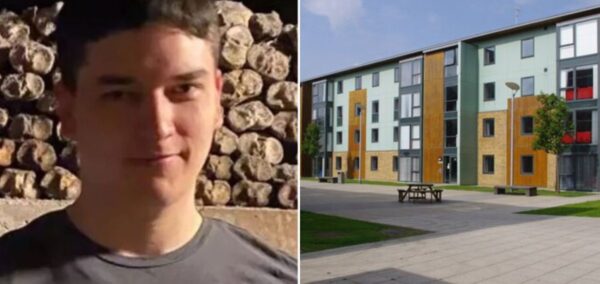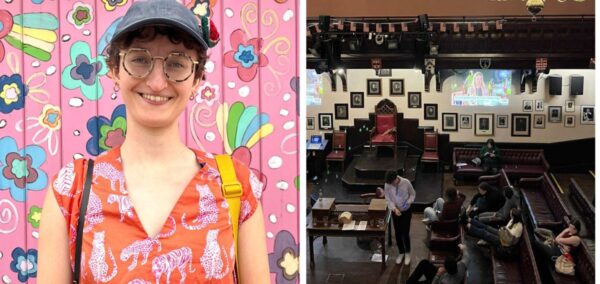
Nottingham University accused of ‘attributing inherited guilt’ over slavery links
Nearly 50 per cent of donations between 1875 and 1960 came from people associated with slavery
The University of Nottingham is being accused of engineering its historic links to slavery by an aristocratic family after a report claimed the university profited off the transatlantic slave trade.
The report claimed that the seventh Duke of Portland benefited from the social capital of his slave-owning ancestor. It was his ancestors who helped establish the university and he was one of its “most distinguished benefactors”.
According to the Daily Mail, the family has been patrons of the University of Nottingham since 1881 when it was founded, however they are no longer Dukes after the ninth Duke passed away in 1990 with no male heir. reported the Daily Mail.
However, some relatives are claiming that there is no evidence of any wealth inheritance from slavery in their branch of the family.
The university itself released a report detailing the links with slavery, revealing that some buildings, such as the Portland Building, are named after benefactors with links to the transatlantic slave economy.
The report itself found the first Duke of Portland was the governor of Jamaica and owned dozens of slaves in this period of the 1720s.
It is thought that this position is what led to the “accumulation and transference of financial, social and reputational capital to the following generations” and that other colonial roles we’re key in preserving “the dynasty’s status as a powerful elite ruling aristocratic family”.
The money the Duke earned whilst being Governor of Jamaica is estimated to be £3.8million in today’s money.
The report also suggested that nearly 45 per cent of donations made between 1875 and 1960 were made by only eight patrons who all had links to the transatlantic slave trade.
Most Read
The Duke’s family spoke about how slavery was a horrible crime and exploring these historical links is key to “understanding and addressing its enduring legacy”.
They then went on to talk about how the Portland Building is named after the seventh Duke who had no direct involvement with slavery unlike the first Duke.
They accused the university of “excluding” view points and “sidelining truth”, saying: “From the university’s perspective, it may be reasonable — perhaps even necessary — to exclude differing viewpoints as part of efforts to redress historical imbalances.”
The family members also said they understand and welcome the potential renaming of the Portland Building to create and inclusive space for all students.
University of Nottingham said it was unaware of any exclusions from the report or refused opportunities to meet with university representatives concerning the report.
However, talking about the research when it was released, Professor Katherine Linehan, pro vice-chancellor for people and culture, said the report is the “first step in acknowledging these historical links and will act as a catalyst to an open dialogue between the university and its black heritage community with respect to reparative justice”.
The university also added that its making reparations by aligning itself with its Race Equality Charter to improve the representation across the university as well as improved progression for marginalised students.





















